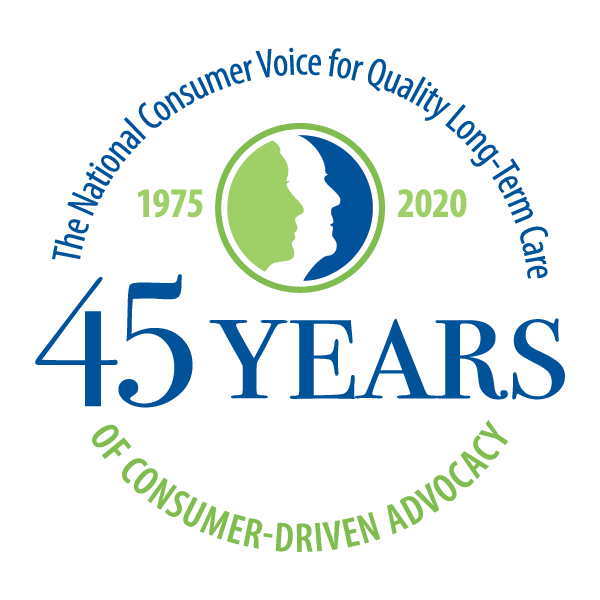| View this message on our website. | |
 |
|
| SHARE: |
|
CMS Coronavirus Guidance for Nursing FacilitiesOn March 4, CMS issued guidance for State Survey Agencies to limit the spread of Novel Coronavirus 2019 (COVID-19.) This includes suspending non-emergency inspections of all healthcare facilities across the country and conducting screening of visitors and staff. Prioritizing Survey Activity Survey activity is now limited to the following activity, and is prioritized in the following order:
When COVID-19 is suspected or active in a facility, on-site surveys will be conducted only for immediate jeopardy or infection control concerns. Otherwise, surveys will be limited to desk audits until all active or suspected cases of COVID-19 have been cleared from the facility. Onsite surveys will be abbreviated with a minimal survey team. Nursing facilities are instructed to maintain a person-centered approach to care while preventing unnecessary exposure to COVID-19 through prompt detection, triage, and isolation of potentially infections patients. Screening of Visitors and Staff Nursing facilities are to screen both visitors and healthcare staff for:
If a visitor falls into one of the above categories, the facility may restrict them from entering the facility. A resident’s risk factors for infection and current health status should be considered prior to restricting visitors. The guidance recommends that staff who have symptoms of a respiratory infection should not report to work. Staff that develop symptoms of a respiratory infection while on-the-job should take immediate precautions to stop work, self-isolate, and notify the infection preventionist and local health department. Facility Admissions and Hospital Transfers: Residents with mild symptoms may not require transfer to a hospital, as long as the nursing facility can implement infection prevention and control practices recommended by the CDC. More severe symptoms may require transfer to a hospital for a higher level of care. Individuals with COVID-19 can be admitted to a nursing facility so long as it can implement CDC transmission precautions. CMS notes that facilities should continue admitting any individual they would normally admit, including those from hospitals where COVID-19 is or was present. ALL necessary medical information must be provided to any post-acute service provider prior to the discharge/transfer and to the healthcare transport personnel. Recommendations from the Consumer Voice This new guidance is intended to prevent and contain the spread of COVID-19 and protect residents and staff from infection. CMS actions include suspension of investigations for all but the priority areas listed above, and as the situation evolves, may result in decreased visitation by families and other community members. Consumer Voice offers the following recommendations to residents and families:
Links to Guidance: (QSO-20-12-ALL) Suspension of Survey Activities For more information on COVID-19: https://theconsumervoice.org/issues/other-issues-and-resources/covid-19
|
|
 FOLLOW US
FOLLOW US